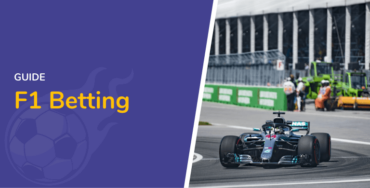Esports Betting on the Rise
The Covid-19 pandemic has caused numerous traditional sports events to be cancelled or postponed. As a result, many punters have turned to esports betting.
Over the past several years, esports betting has been becoming mainstream at a steady pace. However, it wasn’t until the pandemic hit that this market truly started to take off. In 2019, the global esports-betting industry was valued at $1 billion, but it’s expected to reach $3 billion by 2025. According to a study released by the UK’s Gambling Commission, the esports betting industry’s gross gambling yield increased by 2922% from March 2019 to March 2020.
Esports betting wasn’t very popular in the past because it used to be highly unregulated, and gamblers were worried about matches being rigged. In addition, the majority of esports fans used to be younger teenagers, meaning that they were not of legal age and thus couldn’t place any wagers.
When online bookmakers started offering esports betting, they were also at a disadvantage since, unlike with other sports, they couldn’t perform complex statistical analyses. Back when this was still a brand-new industry, there simply wasn’t enough data to do so.
In the early days, esports betting was lumped together with virtual sports despite the two being actually quite different. Punters also didn’t have many video-game tournaments and leagues to choose from. On top of that, it was common for bookmakers to offer only one type of bet, which was usually: who would win the match.
Things started to change when esports enthusiasts grew up and became old enough to bet. From then on, esports betting sites began making a lot more money, while major operators jumped at the opportunity to join the craze.
Although the number of countries that have successfully regulated esports is still relatively small, engaging in esports betting is a lot safer now than it was just a few years ago. However, practices such as skin gambling – using in-game items as virtual currency for betting – remain an issue that is yet to be fully resolved.


